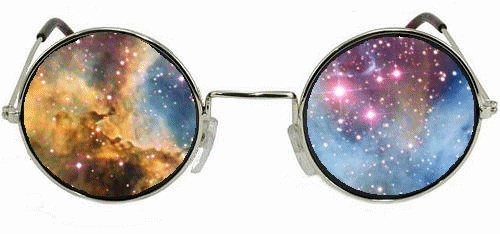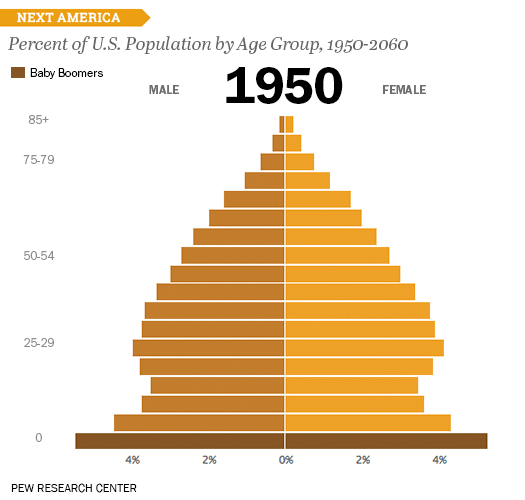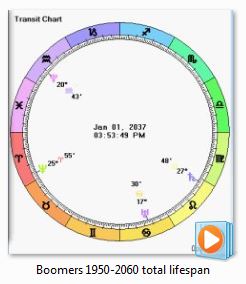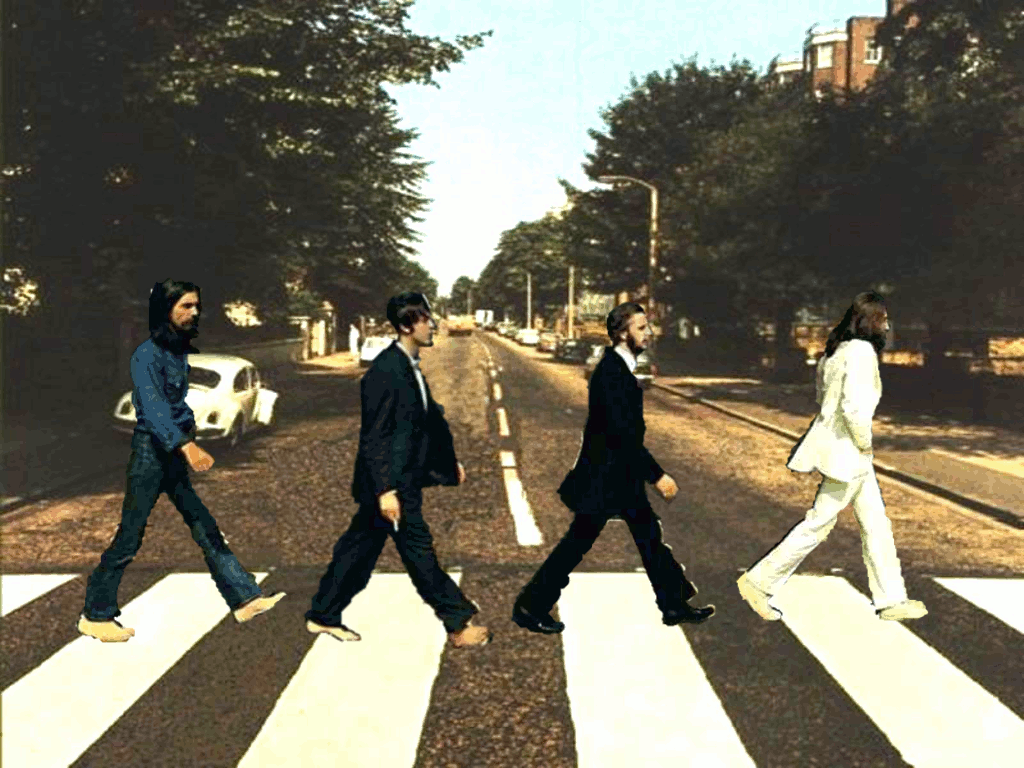

The
largest generation in history was born with stars in its eyes...
By
John Townley, June 2014.
A lot has
been said about the
post-WWII Baby Boom
generation, and now that the leading edge of that evolving lump
in
world
demographics is reaching official retirement age, even more is being
penned
about it. What characterizes it -- astrologically and culturally? What
accomplishments did it achieve? What is
yet to come, as expanded longevity gives it a new lease on life?
For many
years, astrologers loosely
labelled it the “Pluto
in Leo” generation,
but that’s loose, indeed. Fully 1/3 of those born with
Pluto in Leo predate the Boomers, and one-third of the Boomers have
Pluto in
Virgo.
Neptune also only half-characterizes them, being split between Libra
and
Scorpio, and Uranus moves through a quarter of the Zodiac, from Gemini
through
Virgo. Saturn covers three-quarters of the sky from Cancer to Pisces,
and
Jupiter covers the
whole circuit once plus another three-quarters . If there is a
weighting
of any kind, it
leans toward summer and fall signs, with less in winter and spring. And
if a
“generation” is defined by an 18-20 year birth
period, that kind of emphasis by
sign will always happen, including a seasonal slant and outer planet
sign
overlaps, unless one begins with Pluto at the start of the signs it
only
takes 20
years to pass through.
There is, in
fact, a “Pluto in Leo” generation, if you start
counting at 1939 (when Pluto
first spent some real time in Leo) and end in 1959 (when it finally
left). But,
technically, that’s not the Boomers (though culturally, it
may be, more on that
below), because the Boomers are defined by the birth explosion at the
end of
World War II.


Boomers pass
through the populus like a great lump. Click on right-hand image
to see
their lifetime course.
So if a
“planet in
sign” description is lacking, is there at
least a neat planetary cycle of some sort that encapsulates the birth
period of
the Boomers, roughly 1946-1964? Actually, there are two that roughly
describe
the period of 18-20 years that loosely define a generation, from birth
to the
start of marriage and reproduction:
One is the
almost 20-year Jupiter-Saturn
synodic cycle, in
this case from waxing square in Cancer and Libra to waxing square in
Pisces and
Gemini. But that doesn’t exactly seem fraught with cultural
import, though it is an economic cycle on its own.
The other is
the 19-year lunar node cycle,
which in this
case runs almost exactly from 0 Cancer to 0 Cancer, neatly
encapsulating the
whole set. That sounds much more promising. After all, the lunar nodes
are
associated with fate, karma, destiny, and all that trans-generational
reincarnation stuff. And it seems to conveniently compartment the
Boomers into a
single solsticial sweep. Indeed, pre-natal epoch astrology suggests
that
incoming
individuals are sorted in biannual sub-segments, based on the solar
eclipse
before their birth, with a complete circle every nodal cycle. So, maybe
a cycle of fate, with a summer slant.
Which one is right?
As
always with a circle, the
question is: where to you
start? And, what really defines a generation? Certainly we
don’t consider
ourselves to be quite the same generation as our much-older or
much-younger
siblings. Two kids born ten or twelve years apart are cultural
strangers,
particularly in today’s rapidly-changing technology and its
swiftly-evolving
identities. Ultimately, there is only a Boomer generation because WWII
stopped
and a four-year backlog of family reproduction all piled up into the
few years right after,
mostly in America where the economy encouraged it, not nearly so much
in war-ravaged
Eastern Europe or the Orient still damped by poverty and political
tectonics on both sides of the developing
Iron Curtain.
But once you
make room for all
these definitional caveats,
there does appear to be a true cultural (not just numerical) Boomer
phenomenon
specific to America and parts of Western Europe, which is obvious to
all. It is
the great cultural (and counter-cultural) change of styles and concerns
of the
1960s and early 1970s, marked by the arrival of sex, drugs, and rock
and roll,
along with a wave of social consciousness concerned with equality of
race, sex,
age, religion, and culture in general. It’s obvious, and what
anyone would likely tell
you if asked to define the generation and its reverberation around the
world.

 Baby
boomers' planetary cycles overlap, click on right-hand image
to see how
they moved 1946-64.
Baby
boomers' planetary cycles overlap, click on right-hand image
to see how
they moved 1946-64.But astrologically, how does it
fit? Like a glove, actually,
but not as defined by the immediate post-1946 population explosion,
exactly.
Instead, it
really does fit in with the Pluto in
Leo period, and those
with
that natal position. A broad glance at the movers and shakers who
defined the
1960s cultural revolutions immediately displays it. The earliest
progenitors of
Boomer culture, whether Beat philosophy or early rock and roll (when
that was
still evolving from R&B and country, from 1956-59) were born
with Pluto in
late Cancer – Elvis Presley, Little Richard, Buddy Holly,
one
(but not both) of
the Everly Brothers, Chuck Berry. But those that later came to define
both the
music and the culture were born during Pluto’s stay in the first decanate of
Leo, 1939-45 – the British Invasion and their American
counterparts that
established “classic” rock, folk, psychedelia,
racial protests, inner
spiritualism and drug culture, and the anti-war movement. In fact, just
about all the movers and
shakers of the 1960s were technically pre-Boomers (but with Pluto in
Leo), and the 1946-
generation’s
effects weren’t really apparent until the early 1970s.
Further, this very set of early initiators is also set apart from the
second
section of the boomers by a change in the
Uranus-Neptune relationship that
turned a spiritual corner in the worst possible way for the hopeful
younger crowd. And by the time the
earliest Pluto-in-Virgo (1958-) set began having much cultural impact
(the
early 1980s), the cultural wave that characterized Boomerism made the
shift
into the me-first, wealth-driven Reaganism that subsequently
deconstructed much
of the rapidly exploding social consciousness conceived in the late
Depression and WWII and implemented by the post-War generation.

The overlap of
the Boomer generation between Pluto in Leo and Virgo tells the whole
story...
Not that the
Boomers weren't obsessed with "me". They were, and still are. But it
was about "me" and "you", and the interplay of the two, ultimately
"us". What came next
was/is about "me" alone, and "you" can go take care of yourself,
preferably elsewhere...it may take the eventual ascendancy of the
Millennialls to swing the pendulum back into balance again.
So, in the
end, after a look at
what Boomerism might be,
we’re back to square one. Yes, it really was Pluto in Leo
(or the generous,
all-conquering, party-going spirit of it) and Neptune in Libra
(with it’s high social
consciousness) that both actually predated the 1946- set and laid the
groundwork for its style and primary motivations. And it was a perfect
development of their parents' home-loving/defending style that dreamed
of greatness for their children (Pluto in Cancer, Neptune in Leo).


Boomers
saw the world through Sunshine, Windowpane, and Owsley Blue glasses,
and internally still do...
And, though
we are beginning to
sound dreadfully historical here, it’s
still not over.
Even though
its natives are greying
and despite mortality’s
toll, it is still only just now being overtaken in sheer number by the
generations
that came after. Plus, with life expectancy greatly increased just
during its
own time, it has yet another generation of time ahead of it, to further
evolve as
an influence or perhaps a burden (or both) upon everyone else. However
it expends its final hurrahs, its oversized tasks still not entirely
complete, it
probably won’t go with the quiet modesty of its parents'
“greatest generation” of Pluto
in Cancer (and Neptune in Leo), that fought WWII. Boomers, inside,
expect to live and flourish forever, and they will greatly object to
being corrected in the matter. Indeed, it could have been for the
often-conflicting varieties of
this endlessly endless generation that Dylan Thomas wrote in 1951:
Do not go gentle
into
that good night,
Old
age should burn and rave at close of day;
Rage,
rage against the dying of the light.
Though
wise men at their end know dark is right,
Because
their words had forked no lightning they
Do
not go gentle into that good night.
Good
men, the last wave by, crying how bright
Their
frail deeds might have danced in a green bay,
Rage,
rage against the dying of the light.
Wild
men who caught and sang the sun in flight,
And
learn, too late, they grieved it on its way,
Do
not go gentle into that good night.
Grave
men, near death, who see with blinding sight
Blind
eyes could blaze like meteors and be gay,
Rage,
rage against the dying of the light.
And
you, my father, there on the sad height,
Curse,
bless, me now with your fierce tears, I pray.
Do
not go gentle into that good night.
Rage,
rage against the dying of the light.

Appearing as Pluto entered Leo, the Boomers are still crossing the road
of history...after that, what?...
Not
a
newsletter subscriber already? Subscribe
Free
Here!
And
every day, keep in touch with our Astrology In The News section...please
take a look! --
Breaking news from
around the globe, plus articles, reviews, it's all happening there,
changes daily..

